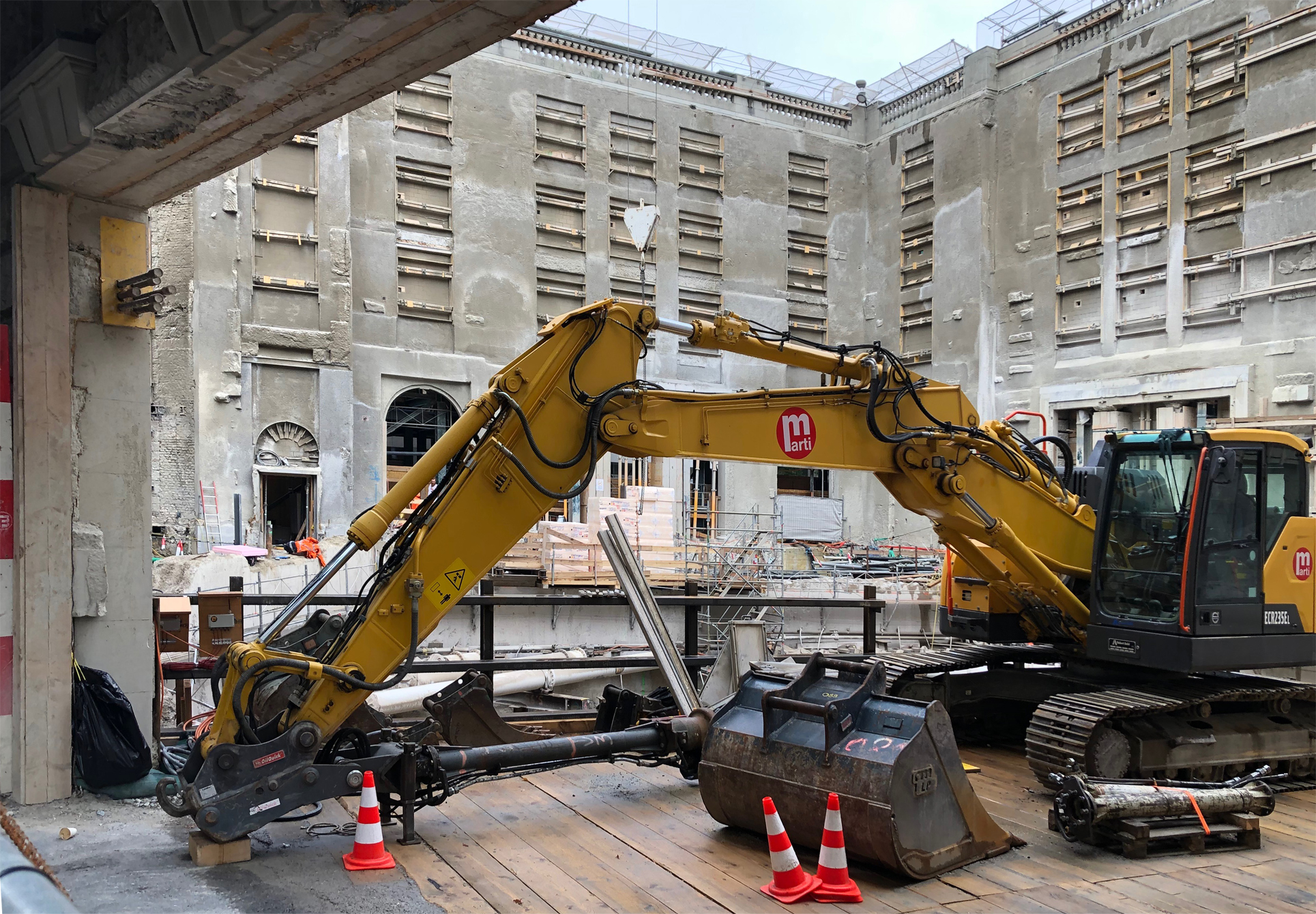on presence and intention in architecture
Master Architecture
Master Architecture
tabula plena
TA.MAA_BAS-VO.H2201
Zurück zur Semesterübersicht
Modulverantwortung: Alberto Alessi
Lehrteam: Alberto Alessi, Anthony Frank
Each building, even the most innovative, is realised as an overlay to a place, an adaptation of a topography, a transformation of an existing spatiality, a projection of cultural influences. Buildings are always made as additions to something somewhere. Architects intervene in given incoherent situations, necessity is accompanied by geography and meanings. Since their beginnings, history and theory of architecture are traveled and inhabited by buildings that have been passed down to us because they were continually adapted and inhabited: the Theatre of Marcellus in Rome evolved to mixed housing, the Temple of Athena in Syracuse morphed into a cathedral, the Palace of Diocletian became the city centre of Split and many historic buildings are now home to schools, offices or museums.
Architectural results are alive and not concluded once and for all but available and renewable. By definition, architecture is never finished. This is for reasons, convictions and hopes beyond the buildings and constructions themselves.
The course is devoted to understanding the specificities and influences between individual poetics, collective structures and given places, applying theories and critical interpretations as design tools, encouraging students to be able to think along and across tendencies, trends and events, positioning themselves as conscious architects in today’s society. The themes and ideas presented by means of texts, examples and excursions are understood as tools in the hands of architects. The architectural theories are not pure abstractions, they shift between absolute positions and relative relations.